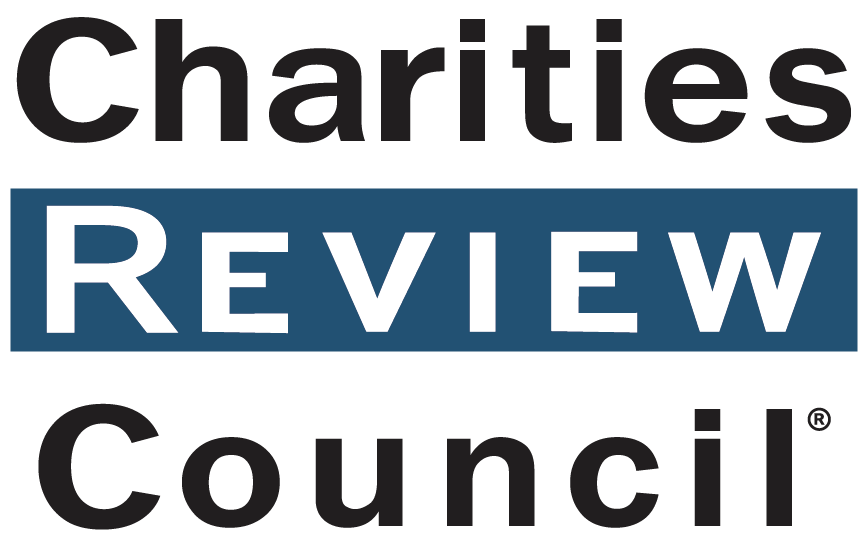When Oversight Falls Short: Why a Minnesota Nonprofit Scandal is a Call for Better Governance
Kris Kewitsch | Executive Director, Charities Review Council | July 2025
“Where was the oversight?” That’s the question that Minnesota’s nonprofit sector was left asking in the wake of the alleged Feeding Our Future fraud. As new scrutiny falls not just on the organization, but on the state Attorney General’s Office and its nonprofit oversight role, the real question may be this: What do we lose when we only rely on an under-resourced oversight system?
Minnesota is known for its civic engagement and vibrant nonprofit sector. With more than 40,000 registered nonprofits, the system is less able to support itself than it used to be. The Minnesota Attorney General’s Office is the primary public agency responsible for nonprofit oversight, and according to recent reporting, the office now operates with half the number of attorneys it had in the 1990s.
The size and complexity of this sector, and its impact on communities, requires robust governance. Unfortunately, the existing oversight infrastructure is not meeting the moment with equal growth.
This underinvestment has real impact. In the case of Feeding Our Future, federal prosecutors allege more than $250 million in fraud. And according to the same report, there were “meaningful red flags earlier in the process that really should have triggered an investigation.” The problem wasn’t just the alleged fraud, it was the inability to catch it when it could have made a difference.
While stronger public oversight would help, nonprofits face the reality that external enforcement is not enough. The Charities Review Council’s Accountability Standards® emerge as a pathway toward best practice and improved transparency, offering another layer of support for nonprofits that crave a specific, actionable tool for self-inspection.
- Annual Report & Communication
Regular, transparent reporting to the public and stakeholders is essential. If Feeding Our Future had consistently disclosed its funding sources, grant processes, and beneficiaries in a standardized, public format, it may have raised questions far earlier.
- Board Orientation & Assessment
A well-informed, active board is the first line of defense. Proper training, regular self-evaluations, and a clear understanding of fiduciary duties can dissuade organizational drift and unethical behavior.
- Conflict of Interest Policies
These policies are foundational. Feeding Our Future’s scandal was marked by networks of related individuals and vendors allegedly profiting from public funds. A strong conflict of interest policy, consistently enforced, could have flagged such arrangements.
- Board Fiduciary Oversight
Quarterly reporting and two-way board communication around financials creates important dialog between the governing board and the nonprofit, allowing for better financial management and a future of greater possibilities. If expenses aren’t in line with revenue, it’s time to ask some questions. If something looks too good to be true, it is too good to be true.
As cases like the Feeding Our Future fraud highlight holes in our nonprofit oversight system, Charities Review Council’s Accountability Standards® can help nonprofits combat issues of trust as the public reckons with uncertainty in the sector.
P.S. The truth is, managing government grants is hard, and COVID only exacerbated the issue. It takes significant time, energy, and resources to manage compliance and reporting associated with complex grants. Even those who are doing everything right feel the strain, and there’s no additional funding to support this process. The Accountability Standards are meant to streamline information so that oversight and board management feels clear and achievable.

